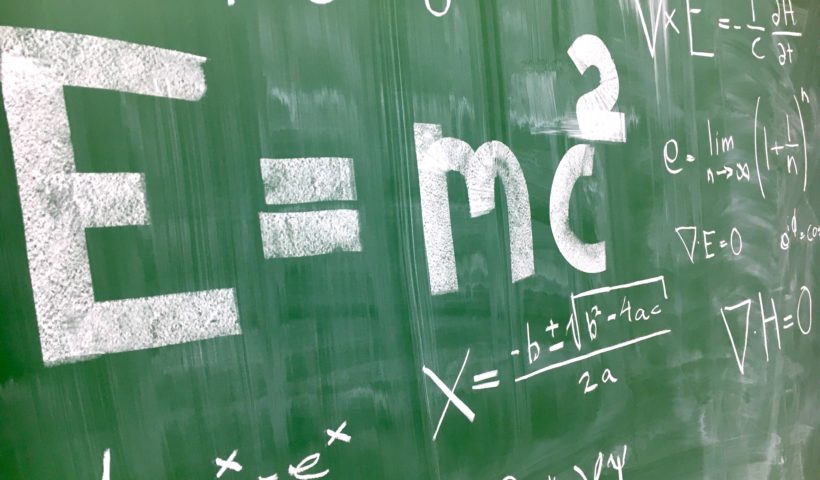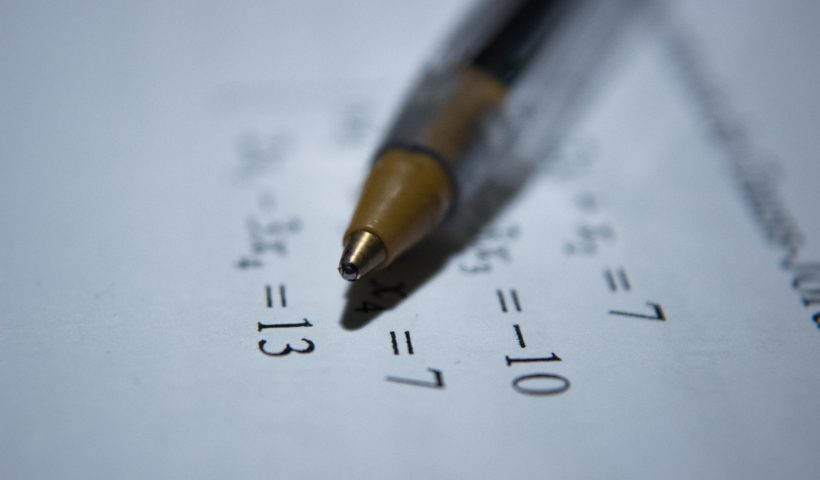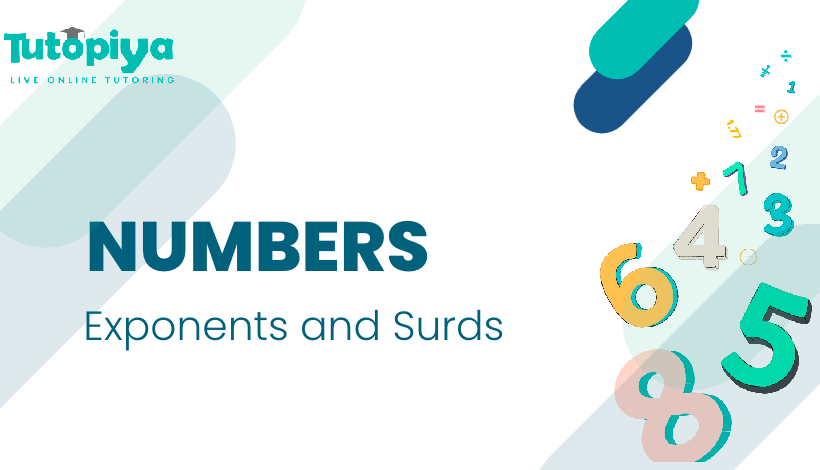Having an internal debate about what curriculum suits best for your child and what benefits it brings over time is one of the most daunting…
View More Shifting from CBSE to IGCSE in MalaysiaBlog
Introduction to Rate | Cambridge IGCSE Mathematics
[Please watch the video attached at the end of this blog for a visual explanation of the rate] You will obviously have heard the word…
View More Introduction to Rate | Cambridge IGCSE MathematicsIntroduction to Exponential Growth and Decay
[Please watch the video attached at the end of this blog for a visual explanation of exponential growth and decay] In this article we…
View More Introduction to Exponential Growth and DecayIntroduction to Limits of Accuracy | Cambridge IGCSE Mathematics
[Please watch the video attached at the end of this blog for a visual explanation of the limits of accuracy] This lesson is closely linked…
View More Introduction to Limits of Accuracy | Cambridge IGCSE MathematicsIntroduction to Exponents and Surds | Cambridge IGCSE Mathematics
[Please watch the video attached at the end of this blog for a visual explanation of exponents and surds, as well as how to use…
View More Introduction to Exponents and Surds | Cambridge IGCSE MathematicsIntroduction to Money Conversions | Cambridge IGCSE Mathematics
[Please watch the video attached at the end of this blog for a visual explanation of money conversions] While this is quite a short…
View More Introduction to Money Conversions | Cambridge IGCSE Mathematics







